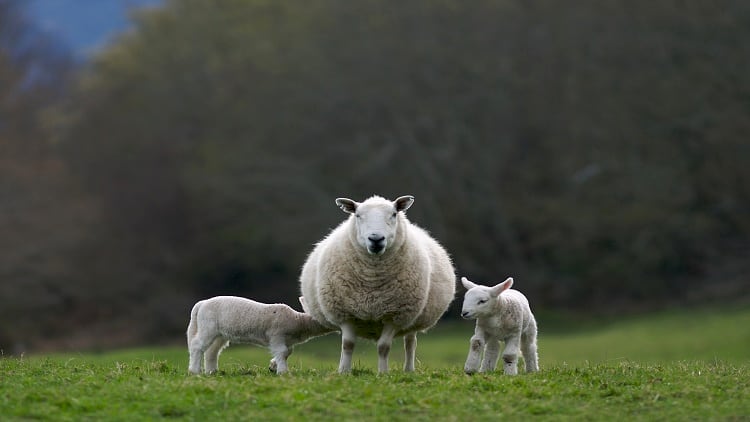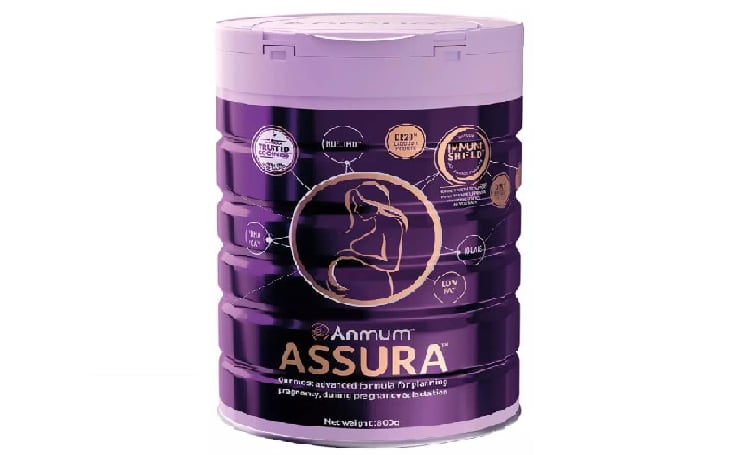The firm said that the use of sheep milk was in response to growing consumer interest in infant formulas based on different milk varieties.
The new launch, which is for 12 months old toddlers, will leverage on Karicare’s existing market positions in toddler milk in New Zealand.
“As consumer preferences continue to evolve, it’s important – as market leader in Australia and New Zealand – that we’re able to cater accordingly. Also, this launch is as an opportunity to serve other consumers with similar tastes in the region, and who value New Zealand’s renowned agricultural and sheep-farming heritage as well as the country’s natural environment.
Plus, through this launch, we’re also supporting our local dairy sheep farms,” said John Hoare, Sales Director at Nutricia ANZ.
Due to limited supply, the new product is only available in selected Chemist Warehouse stores across Australia.
The current launch of Karicare Toddler Sheep Milk is supplied by two New Zealand farms breeding 6,000 ewes at the western shores of Lake Taupo.
The firm aims to further engage farmers in the greater Waikato region as it plans to launch a full range of infant formula using sheep milk.
Sheep milk’s benefits
A number of firms, predominantly New Zealand firms, are already producing sheep milk infant formula.
They include UA Globalex and New Zealand Sheep Milk Co which have a range of infant and follow-up formula for toddlers up to three years old.
As cow’s milk ingredient could trigger allergy, sheep or goat’s milk is often seen as an alternative.
A New Zealand study has identified A1 beta-casein in cow’s milk as a potential type 1 diabetes trigger in individuals with genetic risk factors.
The study assessed 71 studies on population epidemiology, animal trials, in vitro laboratory experiments, biochemistry, and pharmacology.
With China as an example, the study revealed that a sudden increase in type 1 diabetes is correlated with the country’s threefold jump in dairy consumption per capita. The country's dairy consumption per capita grew from 6kg to 18kg between 1992 and 2006.
In the case of Shanghai, new type 1 diabetes cases amongst children aged 15 and below had increased 14.2% annually between 1997 and 2011.





